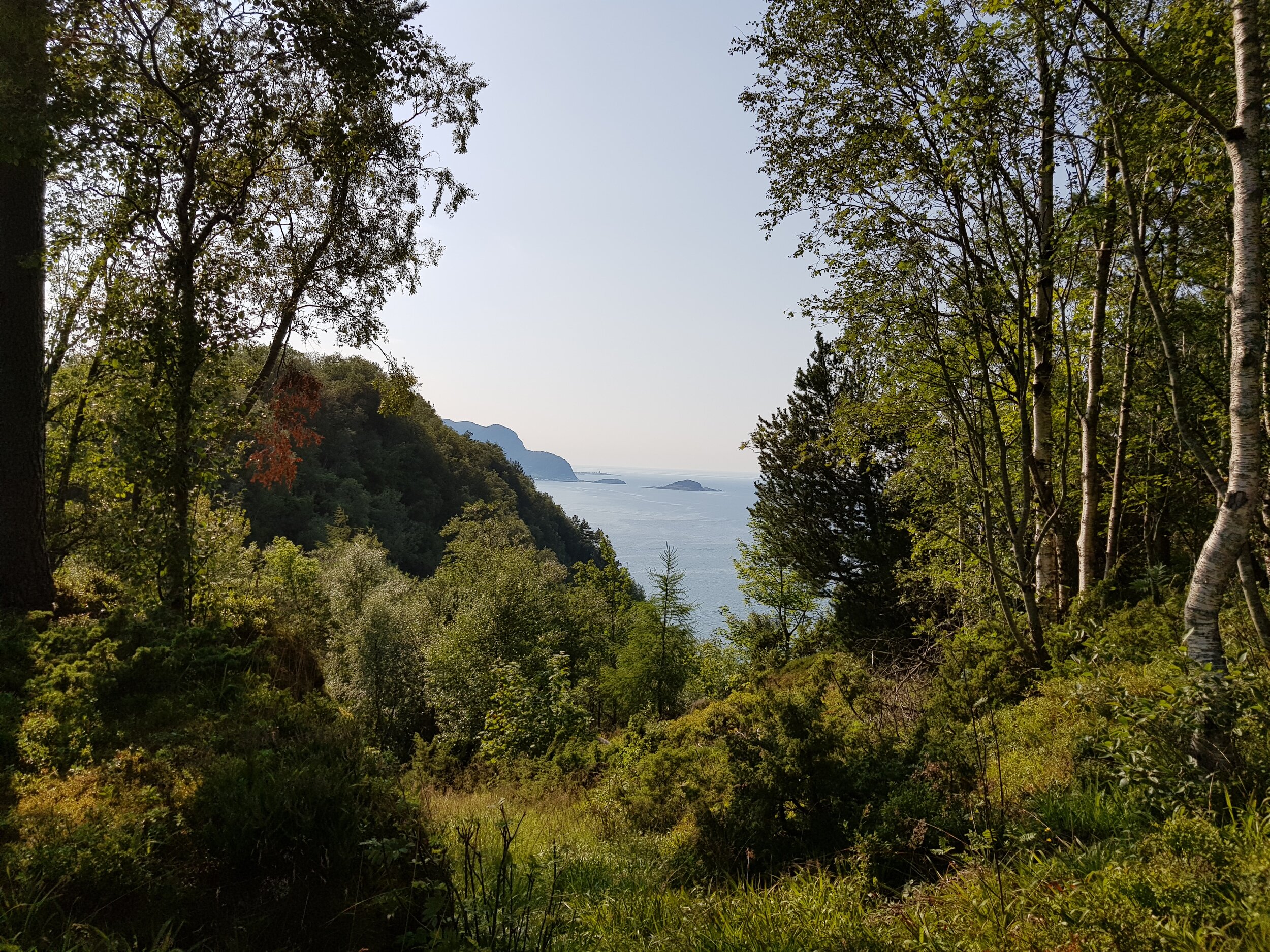Small forest fragments are more important than previously expected
European woodland - Image Credit: Universal-Sci - (CC BY 4.0)
Small forest fragments are more important than previously expected. In comparison to larger forests, they store more carbon in the soil, contain better food sources for wild animals, and house fewer ticks.
Woodland in Europe is very fragmented. This creates an increasing number of small forests that are as large as a soccer field - or even smaller. Little was known about the biodiversity and 'ecosystem services' of these forests. Until now, as scientists studied fragmented forests all over Europe.
Professor Kris Verheyen from Ghent University (Belgium), one of the researchers, explains that by ecosystem services, they mean all services that ecosystems provide to society. For example, natural protection against flooding, pollination of crops by wild insects, natural water purification, climate regulation, recreation in nature, etc.
Image Credit: Universal-Sci - (CC BY 4.0)
Scientists previously thought that larger forests had a greater biodiverrsity and that they, therefore, offered more ecosystem services. Although that reasoning seemed logical, the scientists now discovered that precisely the opposite is true. Professor Pieter de Frenne (Ghent University) stated that in comparison with large forests, smaller forests indeed contain fewer species of plants and animals, but they do provide proportionally more ecosystem services per surface area.
The researchers studied forest fragments throughout Europe. In doing so, they noticed three things in which small forests score better than their larger brethren. First of all, they store more carbon in the soil per unit area. As a result, greenhouse gases are removed more efficiently from the atmosphere. Secondly, they contain more suitable food for wild animals like berries or saplings. And lastly, small forest house fewer ticks, reducing the risk of Lyme disease among holidaymakers.
Watch the little ones
The scientists stated that the results of their research show that the importance of small forests for society should not be underestimated. Up until now, these fragmented clumps of woodland were largely neglected in the policymaking. They argue that this must change because they turn out they are of great societal importance.
The researchers propose targeted policy measures to preserve these forest fragments.
Sources and further reading: High ecosystem service delivery potential of small woodlands in agricultural landscapes - Ghent University press release
If you enjoy our selection of content please consider following Universal-Sci on social media:











